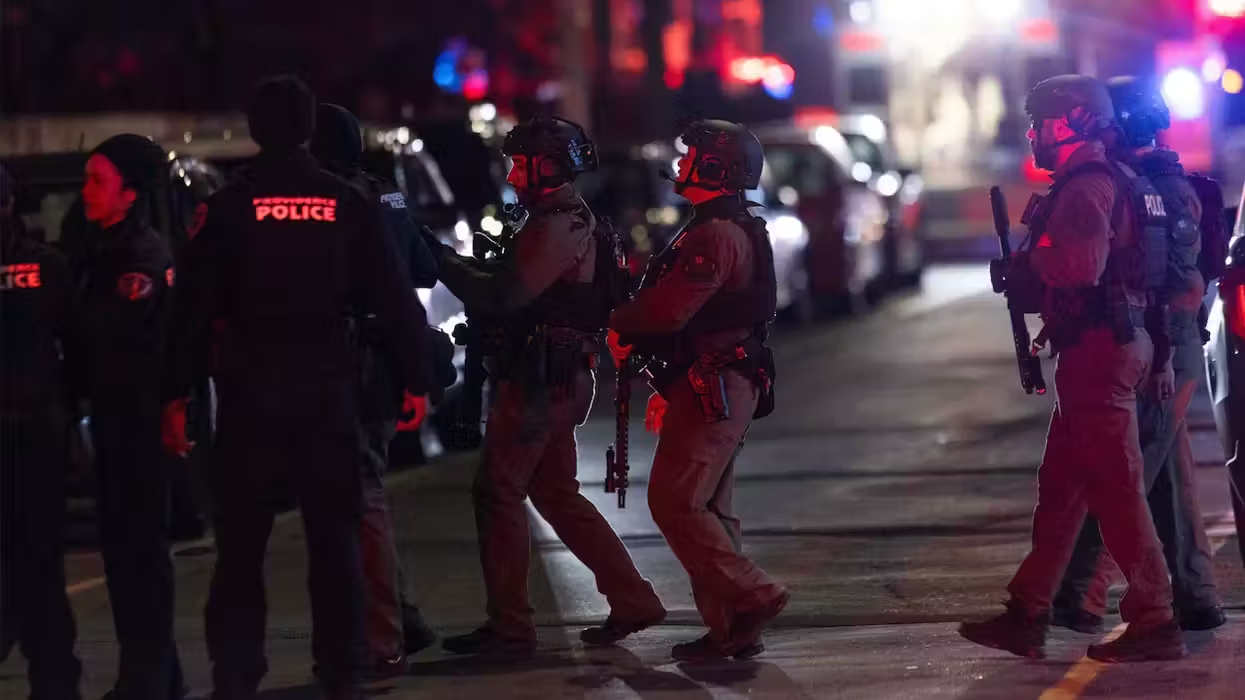
Former South Carolina police Officer Michael Slager watches his murder trial for the shooting death of Walter Scott in April 2015. Slager later pled guilty to depriving Scott of his constitutional rights. He faces up to 25 years in prison. He remains in custody until sentencing later this year. (Grace Beahm/Getty Images)






